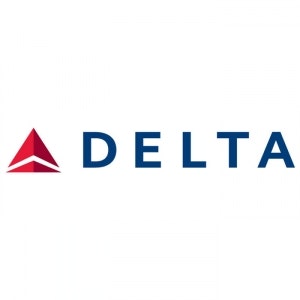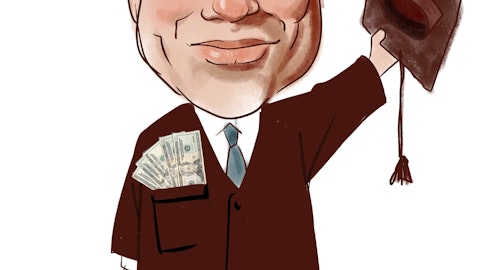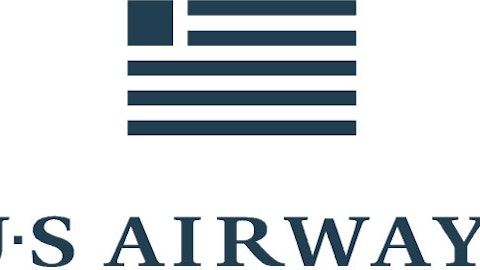Among the valuation measures investors use to analyze a company’s stock is book value. This value gives investors an approximate feel for what the company would be worth if sold off piece by piece with all parts valued near their full amount. Of course, there are some flaws with this technique; companies can artificially inflate book value or book value does not always fully reflect a company’s potential. However, for investors interested in including book value in their valuation toolbox, airlines are a prime example of how one industry can have so much variation in valuation.
Above and below book value
While some industries tend to follow a pattern whereby most companies have about the same price to book valuations, airlines are exceptions to this rule as evidenced by the table below:
| Airlines Trading Above Book Value | Airlines Trading Below Book Value |
| Delta Air Lines (NYSE:DAL) – negative book valueUnited Continental Holdings (NYSE:UAL) – 116 times book value
US Airways Group (NYSE:LCC) – 3.3 times book value Republic Airways Holdings (NASDAQ:RJET) – 1.1 times book value | Air France – 0.60 times book valueSkyWest (NASDAQ:SKYW) – 0.54 times book value |
Table data from Scottrade.com, earnings data from 4-traders.com
To be fair, more airlines do trade above book value than below book value, but the variation in airline price/book ratios begs an explanation as to why this is the case.
Near the top of the list is earnings. Investors looking at the table will notice that all three non-bankrupt American legacy carriers are trading above their book value. Followers of Canadian carriers will note that Air Canada trades well above its book value as well. Earnings strength is a major factor at play here, and the outlook for legacy airline earnings over the next several years is a positive one. Earnings at Delta Air Lines, Inc. (NYSE:DAL) are expected to rise from $1.19 per share for 2012 to $2.72 per share for 2014. Similar trends are expected at United Continental Holdings Inc (NYSE:UAL), as the airline expects to finish with merger related costs that caused a loss of $2.18 for 2012 and analysts are expecting earnings of $4.87 per share for 2014.
US Airways Group Inc (NYSE:LCC) may be riding a legacy carrier trend wave since, although analysts do expect earnings to increase, merger costs pertaining to the American Airlines integration are likely to throw these estimates significantly off in one direction or the other. We can also see that Republic Airways Holdings Inc.(NASDAQ:RJET) is trading above its book value, albeit by a small amount, despite estimates calling for earnings to increase from $1.02 for 2012 to $1.77 for 2014.




